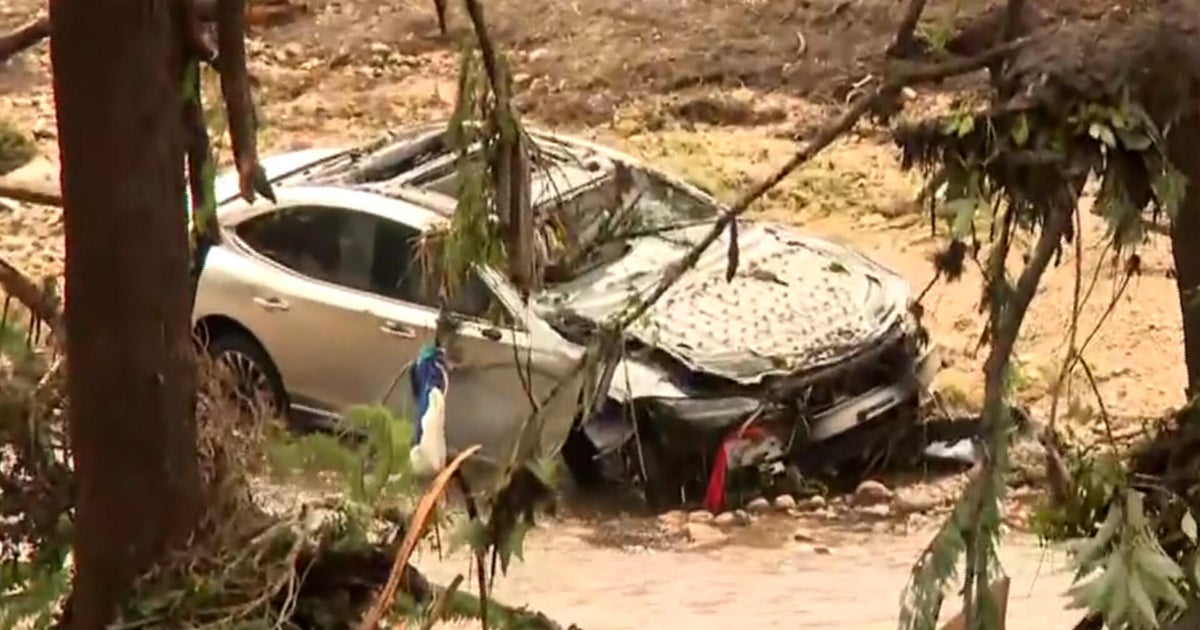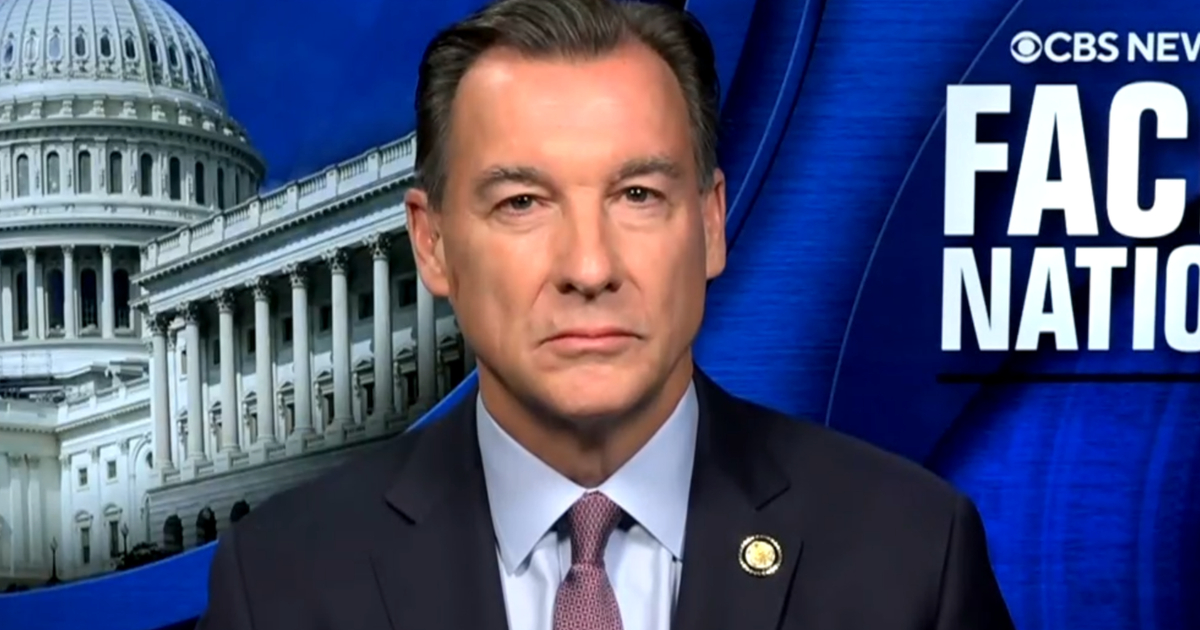As abhorrent as it may sound, it might be necessary for the future safety of children in childcare for the police investigating to offer some sort of incentive to the accused offender for information (“When trust is shattered”, July 5). It is essential to find out how anyone manages to commit all these heinous crimes against some of our most vulnerable – babies and small children. It might also lead to some prosecutions of providers who have not been following laws and rules already in place. Mary Lawson, Marrickville
I have always been against centre-based childcare and said pre-school children are better off “at home” being brought up by family members. Maybe we will have a serious discussion on how the government can support with the family tax benefit and beyond. Jenny Greenwood, Hunters Hill

What is the answer for childcare?Credit: Fairax Media
Suggesting men should not be employed in childcare is a miserable reaction to the reporting on the crisis in childcare. There is, as in aged care, a serious shortage of qualified staff as well as a lack of monitoring. Both qualified men and women who choose to work in these industries should be encouraged. As a community, what we never seem to confront is that educating the workforce and improving regulation of any sector costs money. Surely future-proofing our society means upgrading our tax system to meet growing demands on governments? Jill Napier, Phegans Bay
If cameras are being considered for installation at childcare centres, they should also be an option for that other highly vulnerable segment of our population – the elderly in aged care. We all heard the horror stories from the royal commission, and not all elderly residents have family to watch out for them. Residents should be offered the option each six months to have CCTV in rooms. For those with dementia who cannot speak up about abuse, neglect, inadequate supervision and substandard meals, cameras should be mandatory. Let’s put safety and care before the privacy policy for childcare and aged care. Both are highly vulnerable in our increasingly dangerous society. Jennifer Bacia, Newstead
We can argue the merits or not of privately funded child care, but the reality is that government has a responsibility to regulate the system to ensure the safety of children. The federal government should be ashamed of the recent horrendous allegations. Paul McGee, Springwood
We entrust the safety of our children, and everyone in our community, to elected and appointed “managers”. We pay these people handsomely, and they enjoy working conditions that the ordinary Joe and Joanne can only dream about. These “managers” have access to experts in every field imaginable. Consultants, studies, data – you name it. They take meetings, they have conversations and occasionally they make decisions. So why are our children sometimes not safe in childcare centres? Why are these centres underfunded, under-regulated and under-supervised? Why are around 10 per cent not meeting even the lax standards that exist today? Why is the workforce so casualised that some daycare workers attend three or four centres every month? Mark Paskal, Austinmer
Your correspondent (Letters, July 5) raises an important question about whether pre-school children would be better off with their mothers. However, we need to be careful not to place responsibility solely on mothers, and be really informed about the age of children suitable for institutional care. I would make a few claims to underpin a new direction for childcare. Babies and toddlers also have strong attachment needs that cannot be met by casual shift workers, who are highly transient. Children under three years of age are unable to call out their abusers. Australia has not been able to achieve an adequate quality of care (unlikely as paedophiles seem to get around all bureaucratic systems). I suggest that governments move the enormous subsidies given to centres to adequate paid parental leave for three years. Wherever possible, care for children under three should be split by parents to stop the financial and career sacrifices falling on one carer only. Susan Tregeagle, Yarralumla (ACT)
Query theory
Reading is a key lifetime learning skill (“Is it goodnight for the bedtime story?” , July 5). Reading to children by peers or adults is important, but reading as a shared activity with older children offers tangible rewards. To ask questions to gauge understanding of the listener is important, but to have unprompted questions asked of you as the reader is the platinum standard to which we should aspire. Rod Leonarder, Roseville
As a teacher librarian in high schools for more than 30 years, I’ve witnessed the decline in reading by adolescents. Often asked for advice by parents who despair about their teens lack of reading of literature, I offer lots of practical advice like that given in the article. This is often rejected – no time, busy workloads etc. If we don’t start with our children when they are younger, no wonder we are seeing these declining reading rates as they enter their teens and adulthood. Elizabeth Caruana, Coogee
Human tragedy
Those who continue to deny the existence of climate change (“The hungry sea”, July 5), the role of humans in causing it and the seriousness of its impacts are setting future generations up for innumerable problems. Sea level rise and greater severity of storms are just the tip of the iceberg. More worrying will be the impact of higher temperatures and less predictable weather on agriculture and the ecosystems we depend on for survival. It’s wrong to say the future of the planet is at stake. The planet will survive perfectly well, whatever we do to it. It’s our future at risk, and it’s our greed, indolence and myopia that are responsible. Ken Enderby, Concord
Sterling idea
Poor Angus Taylor is copping a lot of bad press – Moir’s cartoon and Max Redmayne’s letter (Letters, July 5) to name a few. Maybe he needs to add an S to become Anguss for better luck and more positive press – seemed to work for Sussan. Mark Nugent, Lugarno
Fading glories

Cleveland House in Surry Hills is the oldest surviving colonial home in the centre of Sydney.Credit: Nick Moir
What is it about heritage and preservation orders that fall on deaf ears as “demolition by neglect” continues to take hold (“City’s oldest home stuck in long limbo”, July 5)? Cleveland House in Surry Hills seems to be falling into the same scenario. Not long ago, Parramatta’s old treasure of a historical home, Willow Grove, fell into the too-hard basket, was dismantled and stored, possibly never to see life in any form in the near future. Down the road in the same city, another historic gem, the old Roxy theatre, wallows in indecision of possible restoration and new life. To add to this rather sadly growing list, the Paragon Cafe in Katoomba also seems not to have any action towards a positive future, not to mention the old Minerva theatre in Kings Cross, and the old Plaza theatre in George St with its Spanish facade. Greg Vale, Kiama
The often missing the detail in retail
If someone asked me whether I would again work in a customer-facing retail industry (“In our retail review, we get one star”, July 5), I would now choose “Never ever” on the Likert scale after having spent a long time selling services to customers. It has always been a challenging profession, faced with dispiriting rejections, unrealistic targets and cruel competition. It is a dangerous option and not something that people choose as a long-term career option. It’s often a choice for students, struggling professionals between jobs, the long-term unemployed or someone hoping to soon move into management and away from facing the most dangerous but necessary evil: the customer. Retail workers face the ire of customers as businesses grapple with increased competition from online sales, diminishing margins, constant turnover of staff and the threat of closing shop. They end up hiring inexperienced juniors and don’t invest in problem-solving or communication training beyond the bare minimum product training. Customers have been told for decades they are always right and believe the business cannot do without them. It really can’t, and these staff try to survive in a hard job with scant skills. Whenever I am upset with a sales staff member, I always think it could have been my child trying to eke out a living in that place. As I heard someone say when I worked in sales, “Selling is a great profession, except for the clients.” Manbir Singh Kohli, Pemulwuy

Shop assistant trying not to see you.Credit:
I don’t condone abusive behaviour, but sometimes politeness doesn’t cut it. Recently, because I was going away for a few days, I wanted to buy a couple of unripe bananas that would be ready when I returned. My local supermarket had only a tray of very overripe bananas. When I explained the situation, I was told they were the only bananas available and had to be used up before more could be put out. My (polite) protests were ignored. And, like Malcolm Knox, being Presbyterian raised, I was (very quietly) seething. I told a manager that, having shopped at the store almost exclusively for more than 50 years, I didn’t think asking for two green bananas was too much. Reason prevailed, bananas appeared – but should it take such stress and methods to achieve a simple request? Heather Johnson, West Pennant Hills
I am taking up Malcolm Knox’s suggestion to make a record of a positive customer experience. On a recent domestic flight, the light meal service was abruptly halted due to turbulence. As the flight attendant hurriedly made her way back to her own seat to buckle up, she flicked snacks to as many passengers as possible. Once seated, she began the required announcement to us all about ensuring our seatbelts were firmly fastened. Then she went off script and, through increasing giggles, apologised for flinging the snacks at us. Still laughing, she added, “It was done with the best intentions.” Her humanity broke through, a contrast with the pro forma announcements. Once she was “free to walk about the cabin”, I caught her attention and told her that I enjoyed her laughter. She responded with a smile over and above her business smile. It was her own, warm smile. Judith Fleming, Sawtell
Malcolm Knox seems to have missed an important point in his article. If there is a problem, there is no longer the opportunity to “talk to the manager” – either face to face, on the phone or online. Even if there is a “manager”, he or she is powerless because if the computer says no, or does not enable change, the answer is still no – there is no one to negotiate with. Express frustration and the employee responds with “Don’t blame me” and can walk away or hang up, knowing their employer will happily support them. Who are we to blame? Peter Barrett, Woonona
My daughter claims that I could talk under wet concrete, but over the past few weeks I have had to make numerous calls to various entities, involving rather long waits and the ubiquitous “Your call is important to us”. In each case, the respondent has been kind and, as I explained my problem, there was a friendly atmosphere and the problem was solved. I got the impression that these young people just liked talking to someone who was not abrupt, impatient or aggressive. Josephine Piper, Miranda
Males, not men

How manly should men be?Credit: Edwina Pickles
Your correspondent (Letters, July 5) writes of being “a non-interested bystander of male-dominated rugby league or union, that often occasions thuggish collisions causing concussions, fractured and broken body bits, eye gouging, ruptured organs and tendons and, at times, digital rape”. As a male non-interested bystander, I must agree with her summary of this appalling “sport”, and I’m glad she attributes this activity to “males” rather than “men”, for to me the majority of those involved in this activity, on the field or off, could not be classed as true “men”. Ian Usman Lewis, Armidale
The hobbying habit
I regularly send missives to the Herald’s letters department (Postscript, July 5) – as a habit – essentially, for mental exercise at my age, especially, when it comes to trying to make them pithy. Whether they’re published is another story, however deserving. But, now you mention it, perhaps I should treat it as a hobby instead – with a view of starting a collection? Edward Loong, Milsons Point
My husband and I joined our local Lions Club when we were in full employment as teachers, 25 years ago. However, as my age advances with knowledge and wisdom (I am not “getting older”), we are kept busy working in regular Friday fortnight sausage sizzles at the local Bunnings outlet. We appreciate the value of socialising in ageing, through chatting with our customers who range from early morning tradies to dads with hungry little ones to regular Bunnings shoppers, and with the camaraderie we enjoy with our fellow club members working for a good cause on other projects, local, statewide and national. Margot McGuirk, Castle Hill
Word perfect
Brilliant letter by your correspondent (Letters, July 5), regarding a proposed letter for Albo to write to Trump. Wish I had written it. Phyllis Codd, Bellingen

Prime Minister Anthony Albanese: no grovelling needed here, thank youCredit: Alex Ellinghausen
Huzzah to that! Yay to our non-grovelling PM. Dianne Brims, Morpeth
- To submit a letter to The Sydney Morning Herald, email [email protected]. Click here for tips on how to submit letters.
- The Opinion newsletter is a weekly wrap of views that will challenge, champion and inform. Sign up here.


















































